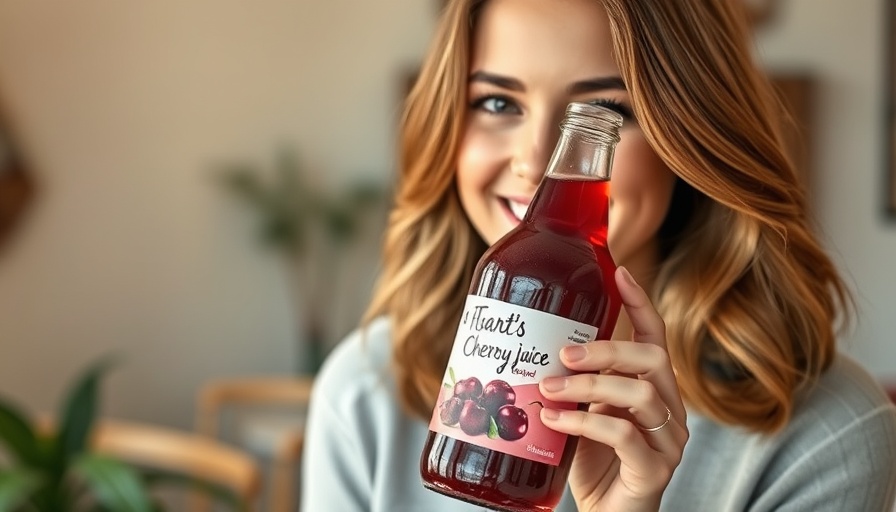
Understanding Your Weekly Meat Limit
The conversation around sustainable eating is evolving, and with it, our understanding of how much meat is too much. Recent research from the Technical University of Denmark has established a specific benchmark: 255 grams of meat per week is the threshold for maintaining a sustainable lifestyle while still enjoying your favourite foods. This figure primarily accounts for poultry and pork since red meat consumption, even in moderate quantities, poses greater challenges to environmental sustainability.
The Environmental Impact of Meat Consumption
It’s widely known that meat production significantly contributes to greenhouse gases—responsible for approximately 60% of such emissions from food sources. With meat, particularly beef, necessitating massive resources such as land and water, reducing consumption becomes crucial. Therefore, a concrete measure like the 255-gram limit can serve as a guide for those wishing to lessen their ecological footprint.
What Does Eating Less Meat Look Like?
In light of the study's findings, many might wonder what a reduced meat diet entails. For individuals aiming for a more sustainable eating pattern, not all hope is lost for meat lovers. The research highlights that diets classified as pescetarian, vegetarian, or even vegan can support environmental health while still offering important nutrients. Incorporating more vegetables, legumes, grains, and seafood into your meals can help fulfil nutritional needs without exceeding the sustainability limit.
The Flexitarian Approach: Balance is Key
Transitioning to a more climate-friendly diet doesn't mean an immediate overhaul. Instead, consider adopting a flexitarian diet, which focuses on plant-based eating with limitations on meat. This approach is not only healthier but also aligns with the recommendations set out by climate scientists. While the study confirms less red meat consumption, it also acknowledges that cheese, eggs, fish, and white meat can still be included in moderation for those who prefer to retain a protein source from animals.
Implementation and Practical Tips
So how can individuals transition to meet their new meat limit? Here are a few practical insights to get started:
- Experiment with Plant Substitutes: Try tofu or tempeh in your meals. These protein-rich alternatives can be excellent in stir-fries, salads, and even barbecues.
- Plan Your Meals: Structuring your meals in advance can help manage how much meat you're consuming each week. Focus on bulk meal preparation with hearty grains and vegetables.
- Stay Informed: Engaging with local farmers' markets or sustainable meat sources can help you make informed decisions that contribute to your community and environment.
Broader Implications for Sustainable Eating
This study presents a quantifiable approach for everyone striving for sustainability. Adjustment in meat consumption is not merely a personal choice but a necessary collective action that can help mitigate climate change. By adhering to the guideline of consuming no more than 255 grams of meat weekly, individuals contribute to a significant decline in greenhouse gas emissions.
Encouraging Positive Change
As we navigate through these critical times, each dietary decision contributes to broader environmental destinies. While breaking old habits may take time, smaller, manageable changes may lead to lasting impacts both personally and globally. Therefore, let’s embrace this challenge together: step into a more sustainable future, and mindfully approach our plates.
 Add Row
Add Row 

 Add Element
Add Element 


Write A Comment